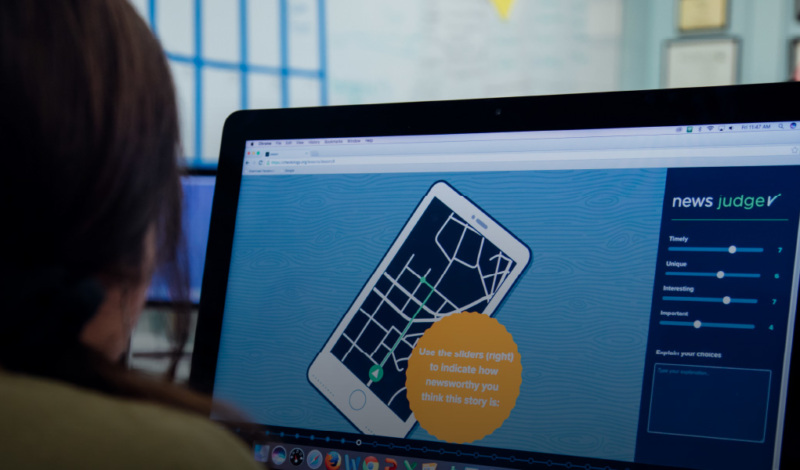


An essential part of civic education is teaching students to be informed about — and to discuss — current events. It’s not enough for them to simply recite what’s happening; they need to be able to have a respectful, meaningful conversation with someone who may not share the same point of view. This concept is one of the “six proven practices” of civic learning as outlined in a 2017 report, The Republic is (Still) at Risk – and Civics is Part of the Solution, by Peter Levine and Kei Kawashima-Ginsberg of Tufts University.
The objective is not to engage in a debate, in the sense that one argument wins over another (though debates do have a lot of educational value). I’m talking about discourse: a conversation with an exchange of ideas and views about controversial topics — and one where those engaging in the conversation disagree without disparagement.
The priority for both sides is to share quality arguments, not to persuade. Discourse is a skill that improves with practice. Students often have opinions about many of the topics in the news, but they need the tools to focus their opinions in a respectful, productive manner.
Start with a discussion about how to have a discussion. Before you can have these controversial conversations, students often need to be shown how to do so in that respectful, productive way.
To start, everyone must agree to a set of ground rules. Consider using a protocol such as Circle of Viewpoints or the Socratic Seminar for these discussions. Some sample rules can include:
Give students the opportunity to express their reservations about these discussions, and work them into establishing class norms. Make sure everyone understands and agrees to those norms.
The procedure for a whole class discussion is different than for small groups, so you will need to determine how large these conversations are going to be. In some cases, small groups may facilitate more engagement among students. The “pinwheel discussion” format can easily be adapted to current events. Another to consider is the “Conver-Stations” discussion strategy. Explore a variety of options to find one that fits with your students.
Spend time front-loading the discussion. Students will come to this with different viewpoints and opinions, but they all must have the same background information. Some resources for this include ProCon.org, Student Opinion from The New York Times and idebate from the International Debate Education Association. The day of your discussion, you might consider starting class with a gallery walk to refresh students’ minds about the topic. (The gallery walk can also be integrated into a great small group discussion format.)
(For now, I’m going to leave the topic of teacher viewpoint aside. There are a lot of different ideas about that; in the context of this post, I’m going to suggest that you focus on acting as the moderator. You’ll be in the best position to know if and when to express your viewpoints with your students.)
Discussing political issues and controversial current events is not something to approach lightly. Teachers must spend time and energy creating a classroom culture where ideas can be shared freely and students feel comfortable speaking about their experiences. Once you begin having these discussions, you’ll find your students actively seeking new information on a range of issues.
Resources
Follow me on Twitter (@MrSilva).